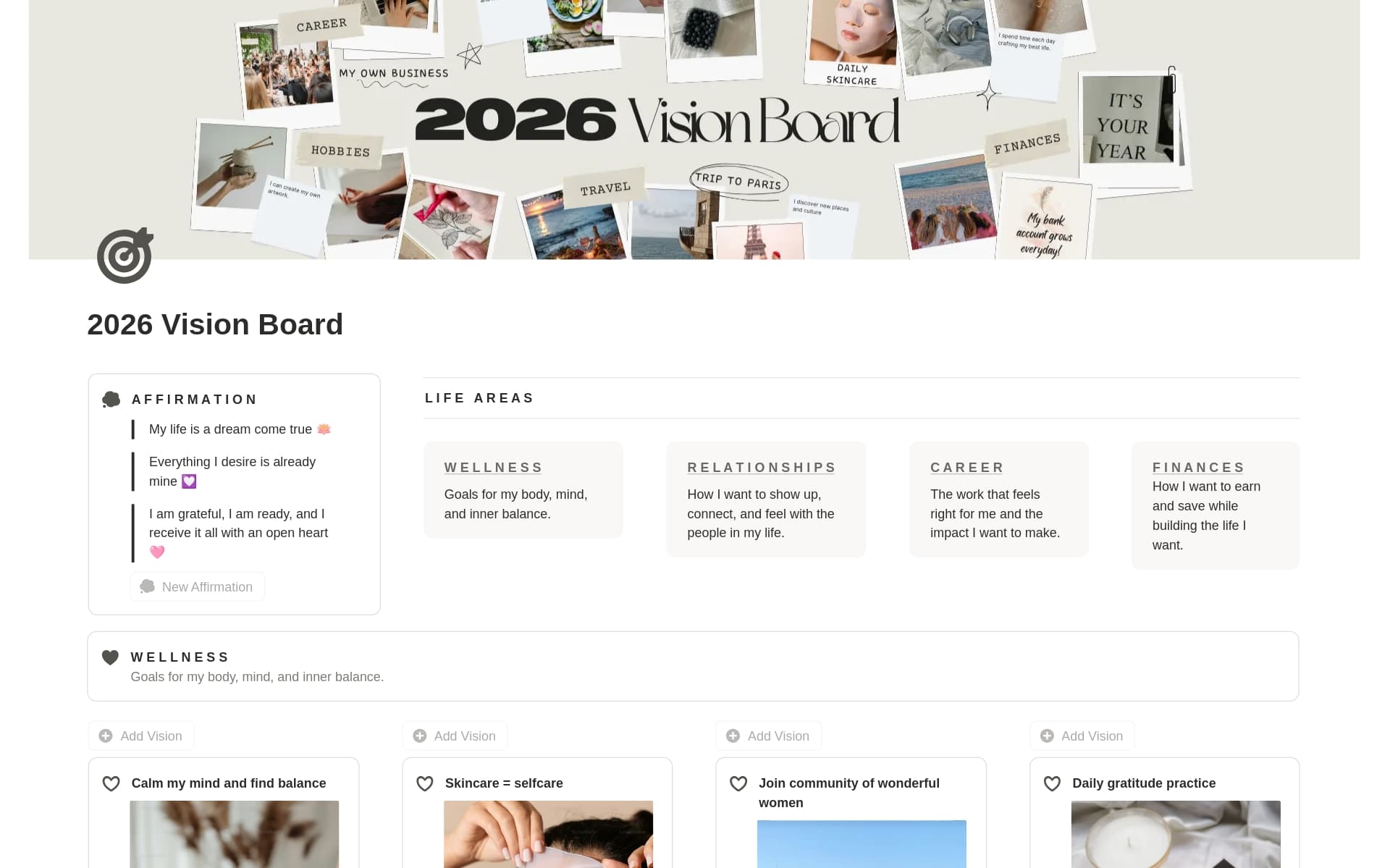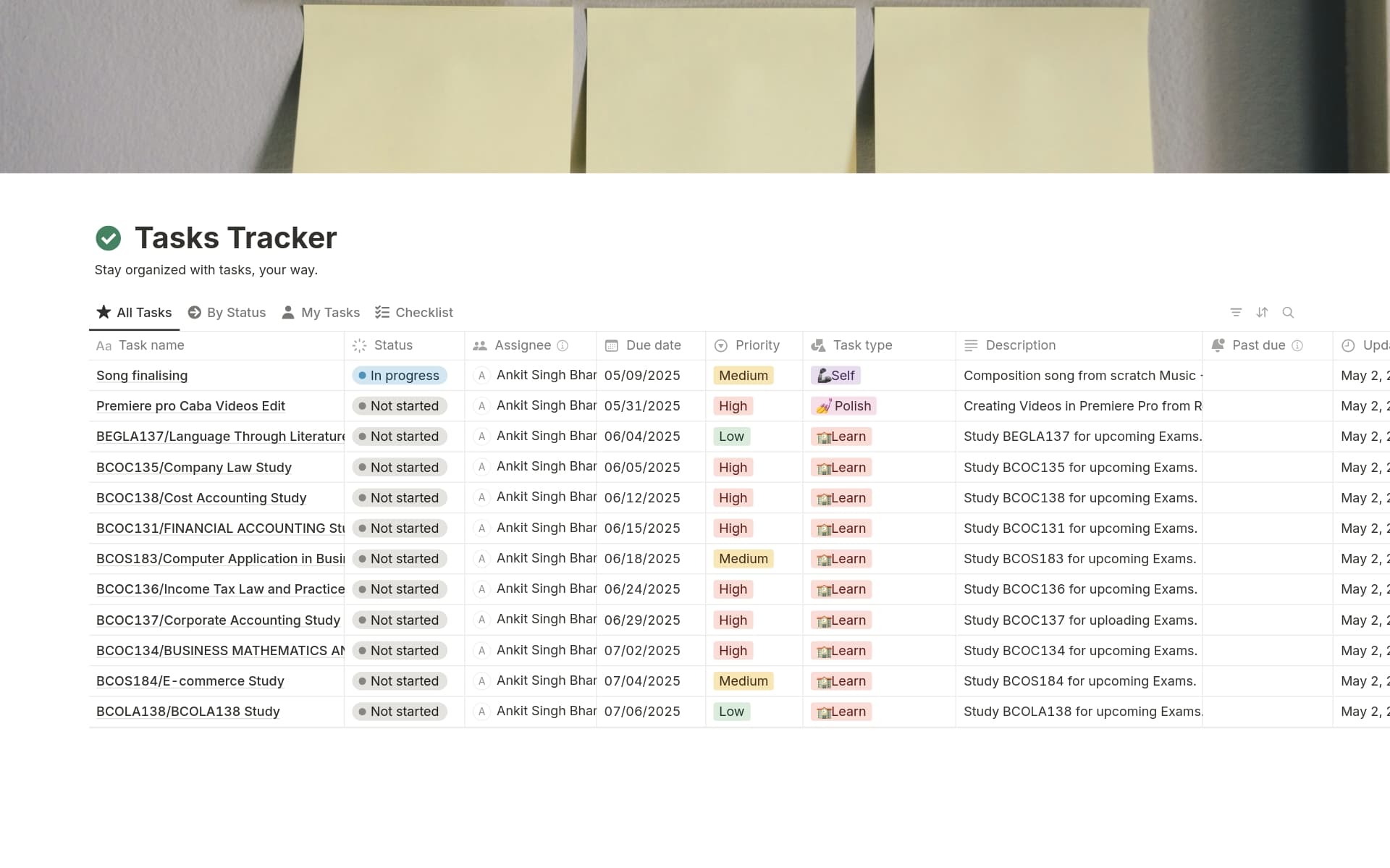For digital marketers, a well-structured Campaign Brief is instrumental in laying the foundation of a marketing strategy, offering a roadmap from conception to execution. By clarifying objectives, target audience, and desired outcomes, it streamlines communication within teams and with stakeholders. A Campaign Brief template in Notion aids in this process by providing a customizable framework that ensures all critical components of a campaign are addressed efficiently.
Before venturing into the creation of your own Campaign Brief template, consider exploring the examples below. These templates can simplify the process, making it more manageable to execute your marketing campaigns with precision and clarity.
What Should Campaign Brief Templates Include?
Choosing the right Campaign Brief Template is crucial for streamlining your marketing campaigns effectively. Here are key components to look for in a high-quality template:
Objective Clarity - The template should clearly outline the campaign's goals. This helps ensure all team members understand the primary focus and expected outcomes.
Target Audience - A section dedicated to defining who the campaign is aimed at. Understanding the audience is essential for crafting messages that resonate.
Budget Details - It should include a detailed budget breakdown. This prevents overspending and helps allocate resources efficiently.
Timeline and Milestones - Effective templates feature a comprehensive timeline, highlighting key milestones. This keeps the campaign on track and accountable.
Selecting a template with these components will provide a solid foundation for your marketing efforts, ensuring clarity and structured progression.
What Should Campaign Brief Templates Avoid?
Choosing the right campaign brief template is crucial for streamlining your marketing efforts. However, not all templates are created equal. Here are a few components to steer clear of:
Overly Complex Structures: Avoid templates that feature complicated layouts or excessive sections. They can confuse rather than clarify, leading to miscommunication within your team.
Undefined Objectives: Steer clear of templates that do not emphasize clear, measurable objectives. Without them, it's challenging to gauge campaign success or ROI.
Generic Content: Avoid templates that are too generic and do not allow customization to fit your specific brand and market needs. Personalization is key to standing out.
Selecting a template that avoids these pitfalls will ensure a smoother, more effective campaign planning process, enhancing both team alignment and campaign outcomes.




